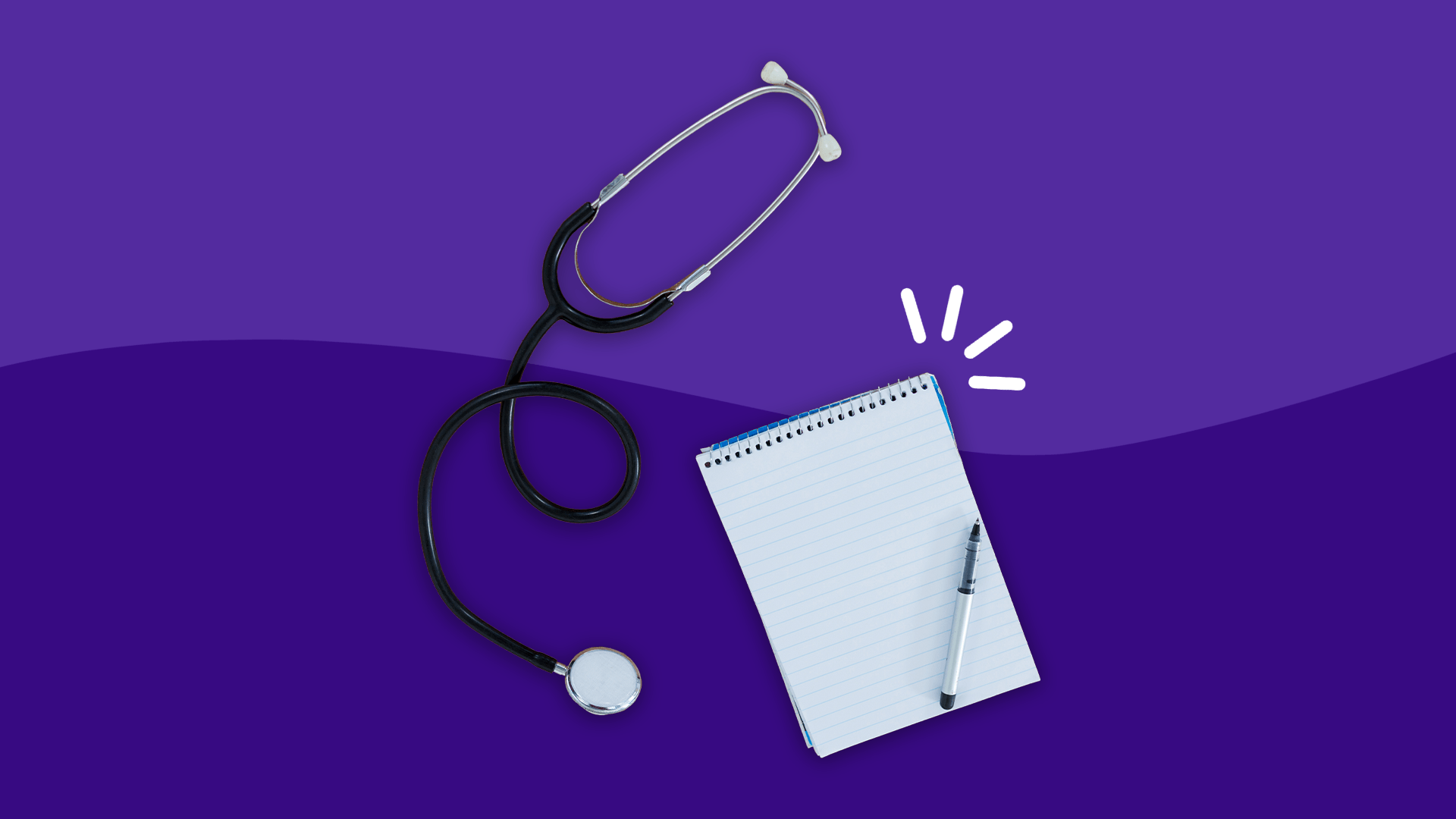

You should have certain paperwork on hand for up to 10 years. Here’s how to know what to save and what to toss.

Sometimes we get medical bills, insurance information, and records in the mail. Sometimes we get them through a patient portal. Sometimes they’re emailed to us and sometimes we just get a little printout as we leave our appointment. Do you keep all of these medical records? How do you store them? Should you keep all your medical records? The questions end here with some guidelines from experts on which medical records to keep and for how long.
Even if you’re in good health and do not have pressing concerns, you should always keep your medical records and share them with at least one person in your trusted circle of family, friends, or caretakers. That includes advance directives such as a living will and healthcare proxy. In the worst case scenario, if you are incapacitated due to illness or injury and need to be treated, your providers having access to your medical records can be the difference between life or death.
Additionally, having up-to-date medical records can help you avoid billing errors. Sometimes mistakes are made and you might feel you are being asked to pay for something that you shouldn’t. Having accurate data on your treatments, insurance information, and billing history is very important to ensure you are only paying for exactly the treatment you receive.
For yourself and your immediate family, you should keep medical records pertaining to the following as you get them:
When it comes to your history, you should keep certain records forever, store them safely, and update them as new conditions are diagnosed or medications or health statuses change. You should do this for yourself and your dependents. Examples of health history you should retain documentation of include:
Don’t forget to include mental health treatment and medications in your record-keeping as well as the use of vitamins and supplements for any physical or mental conditions or symptoms. This information is useful for new healthcare providers, or to inform your treatment if you become unable to share your history. Some people wear medical bracelets to share this important information. For certain other groups, like older adults, it can be a good idea to list medical history, list of medications, and emergency contacts on the refrigerator or the back of the front door.
New medical events or treatments fall into another category. Your providers may also keep copies of these records to be used for insurance or treatment purposes in the near future. These include:
It depends on the type of document you’re storing.
Both medical and legal experts say you should keep personal and generational medical history documentation for your whole life. “ In the case of your passing, that data can be very helpful for your children to keep in their own family history records,” says David Aylor , a lawyer in South Carolina.
You should retain records of your family’s health history forever. Certain conditions are genetic and past conditions can dictate future diagnoses and treatment. Past surgeries and medications may have complications or indications for providers down the line.
For billing and insurance documents, the consensus varies on how long you as a patient should keep your medical records, but federal law says your provider needs to keep medical records on you for at least seven years. Insurance companies usually keep data for seven to 10 years depending on state laws, so you should do the same.
If you’ve gotten a bill months or even years after the procedure or treatment, you will probably still have to pay. State law varies when it comes to how long after a medical treatment you have to pay, but it can be a long time depending on how timely your provider’s billing department is. If you’re being charged for late payment long after a treatment, look into your local laws. Some states say you can’t be penalized for a set amount of time after a bill. This variation among states is a good reason to keep medical records for a long time.
Various experts have some great suggestions for keeping track of your medical records. Something to keep in mind is that you should choose an organizational method that works well for you. If you use a file cabinet for your taxes, maybe do the same for your medical records. Consider a fire-proof storage box for paper documents.
Digitally, you have a few options. Storing them using a cloud service, like Dropbox or GoogleDrive, makes it easy to access important documents from wherever you have an internet connection. You can use the cloud storage of your choosing or an e-health service that specializes in medical record keeping. Your insurance company may offer e-health options or you can find one to use independently, which is a good idea if your insurance changes. Some examples include HealthVault , CareCloud , and MyPHR .
A tip about digital records is that you need to make sure someone can access them if you are unable. Share a password-protected document with a trusted person that contains a master list. In the case that you can’t access your records, this person can log in and view the list. You can set up your Google account with access for your beneficiaries if you die.
From a legal standpoint, some experts say you should have a hard copy of any records. “Store them in a locked filing cabinet or safe that is well-protected, ensuring you share the code or key with a trusted person to access if absolutely necessary,” says Minesh Patel, principal attorney of The Patel Firm in Texas.
When it’s time to get rid of old medical records, “be sure to shred them before disposal so that no one can steal your personal data if they find the document,” Patel says.
Knowing and documenting your own health and history is an important way to have self-advocacy as a patient. Being able to provide documentation can make your treatment go more smoothly and help keep your finances in order.